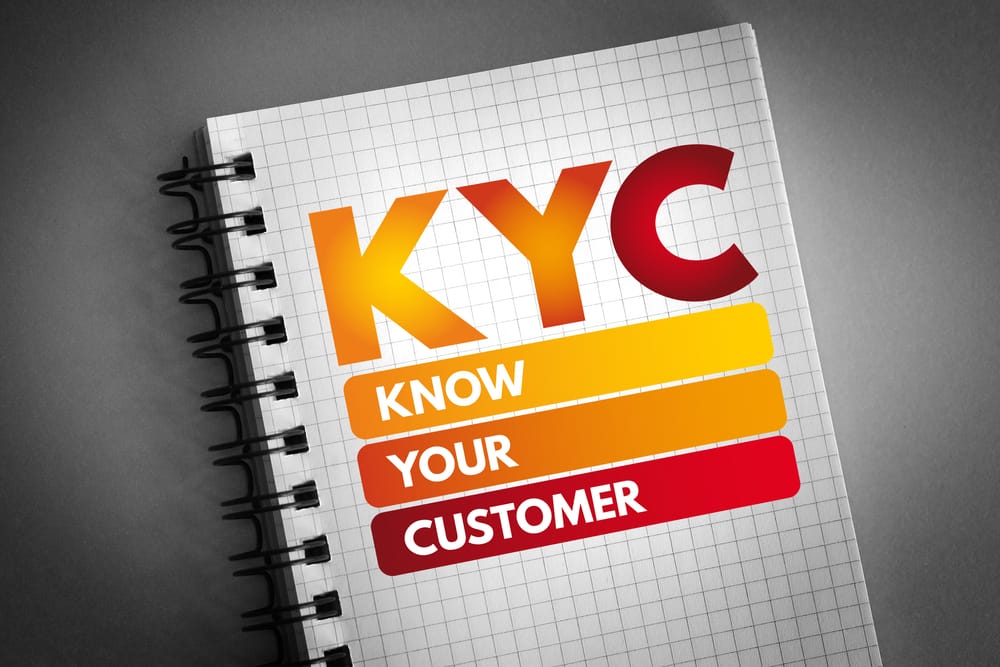Corporate Due Diligence: Your Shield Against Money Laundering, Fraud, Risk and Liability.
In today’s dynamic business landscape, navigating risks and ensuring regulatory compliance is no easy feat. That’s where corporate due diligence comes in – it’s your shield against potential threats and a cornerstone of informed decision-making.
Think of due diligence as a comprehensive background check for any business you’re looking to engage with. It helps you uncover hidden risks, verify crucial information, and ultimately, make smarter, more secure choices.
Best Practices for Effective KYB Due Diligence
Build a Solid Foundation: Start by establishing a clear and comprehensive due diligence framework. This includes:
- Policy Development: Create well-defined policies that outline the scope and objectives of your due diligence process.
- Procedural Guidelines: Develop step-by-step guidelines for conducting investigations and verifying information.
- Compliance Team: Assemble a dedicated team to oversee and manage all due diligence activities.
Investigate Thoroughly: Don’t leave any stone unturned! Conduct in-depth investigations to gather comprehensive information about the target business. This includes:
- Financial Scrutiny: Analyze financial statements, audit reports, and overall financial performance.
- Legal Review: Examine legal documents, contracts, and any ongoing litigation.
- Operational Assessment: Evaluate the business’s operations, management team, and key personnel.
- Market Analysis: Study the market position, competition, and industry trends.
Embrace Technology: Leverage the power of technology to streamline and enhance your due diligence process.
-
- Data Analytics: Use data analytics to swiftly and accurately analyze large volumes of information.
- Artificial Intelligence (AI): Employ AI for real-time data analysis and anomaly detection.
- Blockchain: Explore blockchain technology for secure and transparent record-keeping.
Empower Your Team: Provide regular training to your employees on due diligence requirements and best practices.
- Training Programs: Develop comprehensive training programs tailored to different roles and responsibilities.
- Interactive Sessions: Use interactive sessions, case studies, and simulations to make learning engaging and effective.
- Regular Updates: Keep training materials up-to-date to reflect the latest regulatory changes and industry trends.
Monitor and Audit: Implement robust monitoring and auditing mechanisms to ensure ongoing compliance with due diligence requirements.
- Regular Audits: Conduct regular internal audits to assess compliance with policies and procedures.
- Real-Time Monitoring: Utilize real-time monitoring tools to detect and address compliance issues promptly.
- Continuous Improvement: Establish feedback mechanisms to continuously improve your due diligence processes.
Ready to Take Action?
- Start by assessing your current due diligence process. Identify any gaps or areas for improvement.
- Explore iComply’s cutting-edge solutions that can streamline and enhance your due diligence efforts.
By embracing these best practices and leveraging the right tools, you can transform your corporate due diligence from a reactive necessity to a proactive strategy that safeguards your business and drives informed decision-making.





